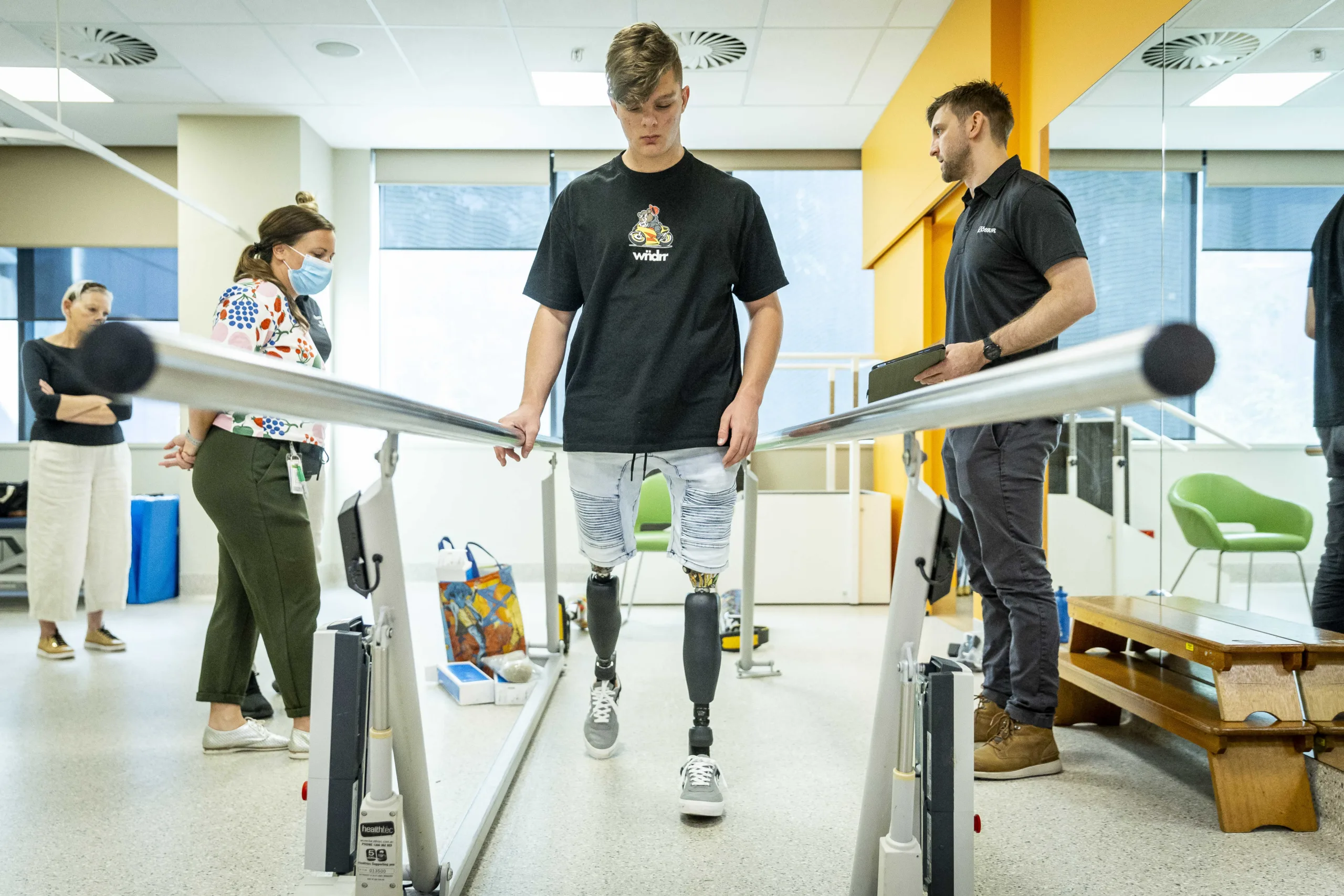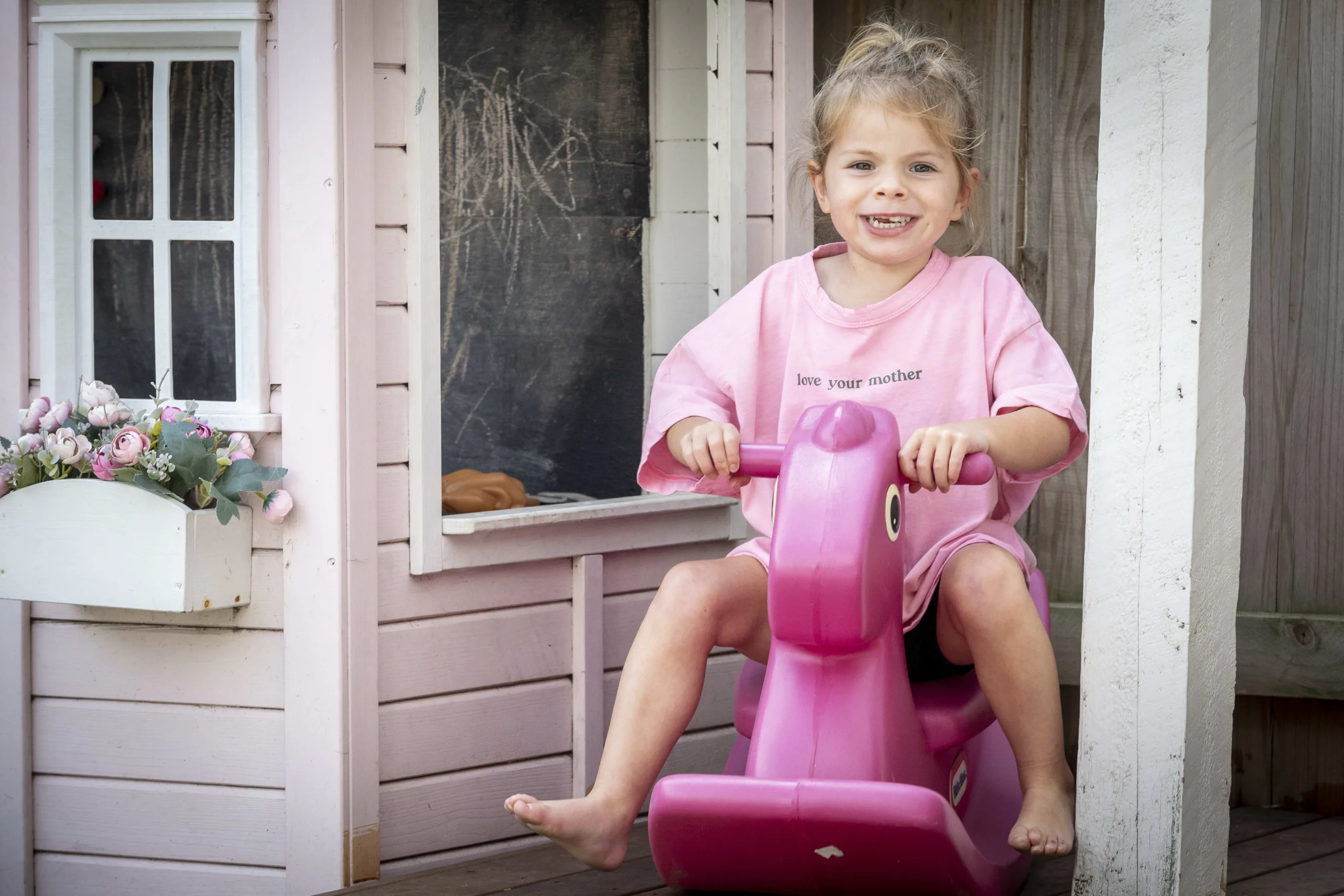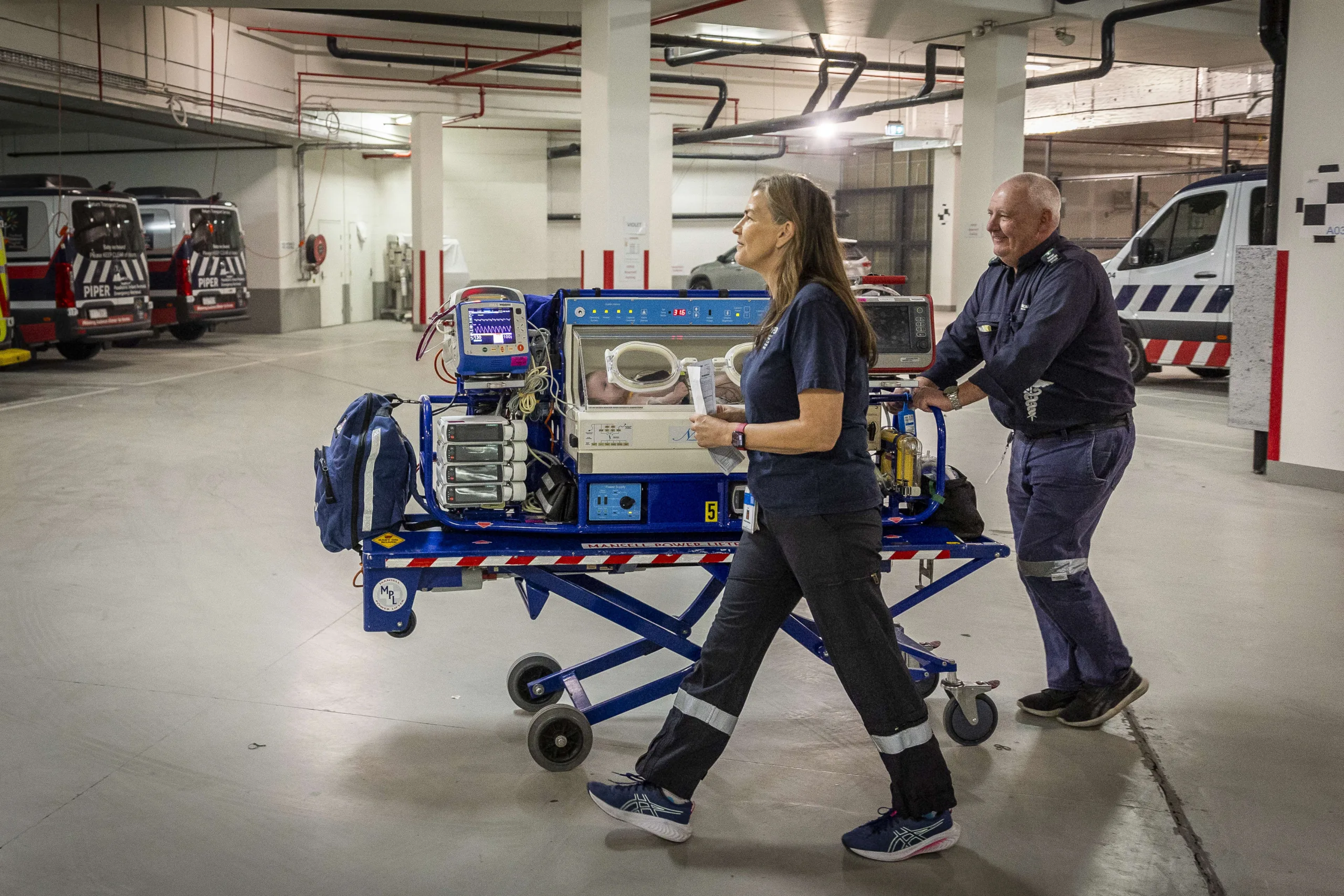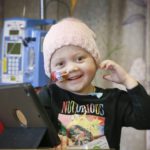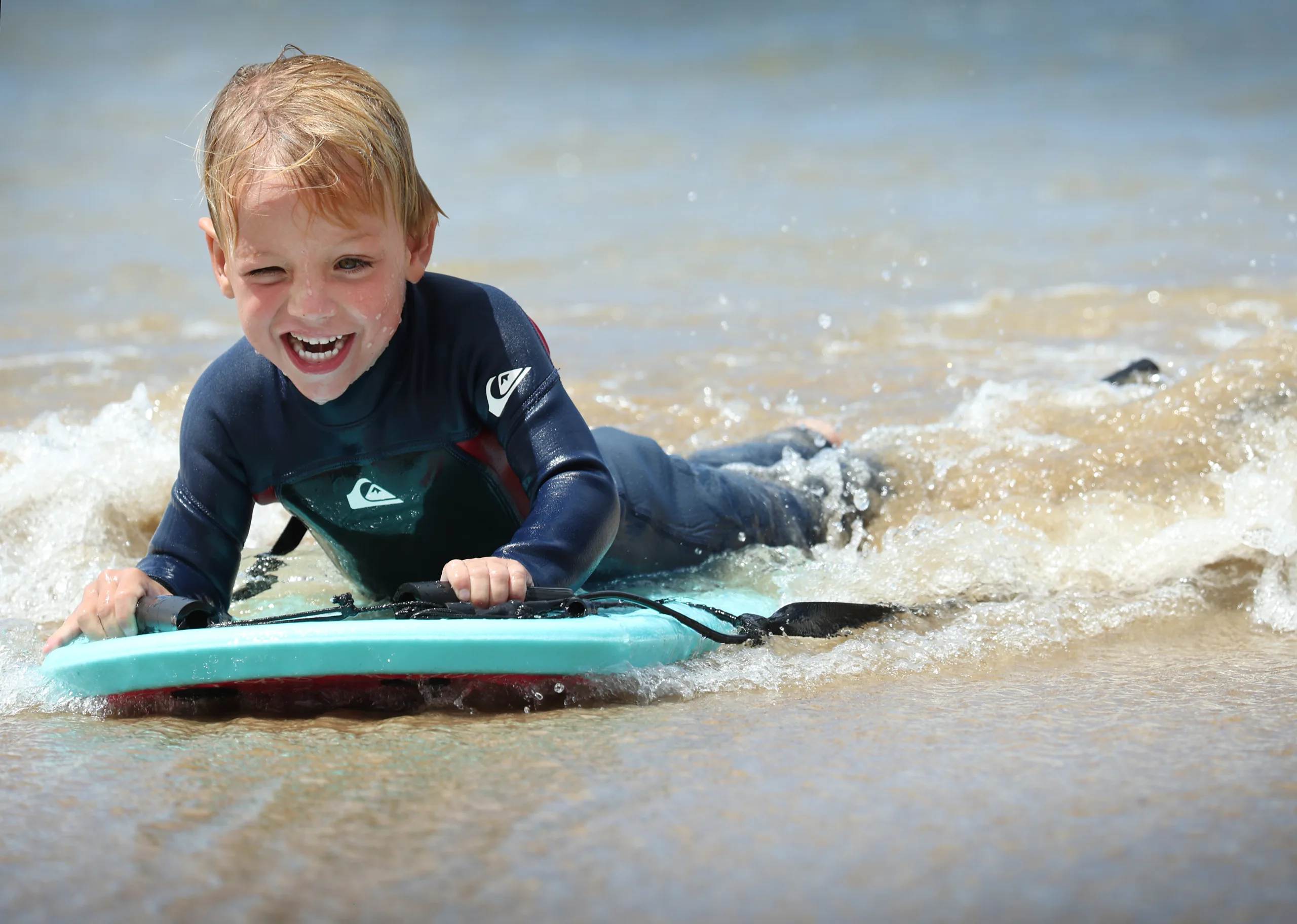
How Tedi born at just 600g defied the odds to survive
Born at 23 weeks, little Tedi underwent multiple surgeries and died “a few times” — but he defied all the odds and is now living his best life.
When twins Tedi and Santiago were born at 23 weeks, parents Zac and Nela Rudd had to make a life-or-death decision.
While Nela was in labour, the couple was warned the odds were dire for babies born so early.
“At that point, 23 weeks was the earliest they keep them alive, but between 23 and 25 weeks, it’s the parents’ decision whether to go through with it or not,” Mr Rudd said.
“The alternative is they just put them with you, and they’ll breathe out.
“I think it was less than a 50 per cent chance of survival for both.
“And I think worse than the survival stats are the disability stats. I think we were up around 80 to 90 per cent permanent, severe disability.”
Both options were grim, but the couple decided “one was less grim than the other”.
“One side had hope, the other side had zero hope,” Mr Rudd said.
“I was a mess, but I’d go downstairs and be a mess on my own, and then try and put on a brave face and come back.”
Tedi, the smallest, weighed just 600g and was the size of his dad’s hand.
Both boys spent months on life support – Santi at the Royal Women’s Hospital, where the twins were born, and Tedi at the Royal Children’s.
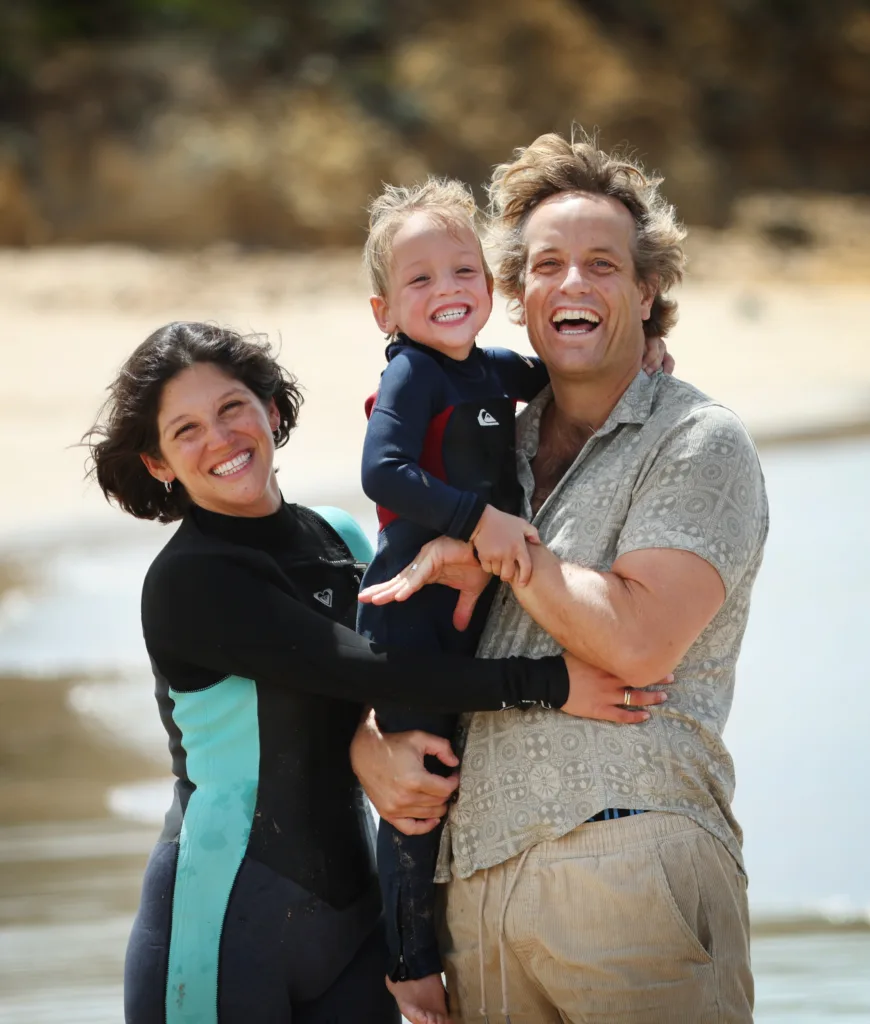
“I didn’t know at the time, but he was dying, very much dying, when he arrived at the Royal Children’s, so they’ve saved him so many times,” Mr Rudd said.
“Tedi passed away a few times, and was brought back with CPR.
“He passed away on Nela once and they were doing CPR on top of her. He’s had broken ribs from CPR. He had brain bleeds as well, so that was all touch and go.”
Only weeks old, Tedi needed surgery to remove a large part of his bowel because of a devastating illness called necrotising enterocolitis.
“It’s actually the breakdown of the intestines and then the acids and stuff start going into the body and then they go into a toxic shock, so Tedi looked like a frog,” Mr Rudd said.
Tedi also needed a tracheostomy – a surgical opening into the windpipe, or trachea.
“The reason he had a trachy is because he had so many emergency intubations – it all scarred up until it was closed,” Mr Rudd said.
For three years, Tedi breathed through a tube in his throat.
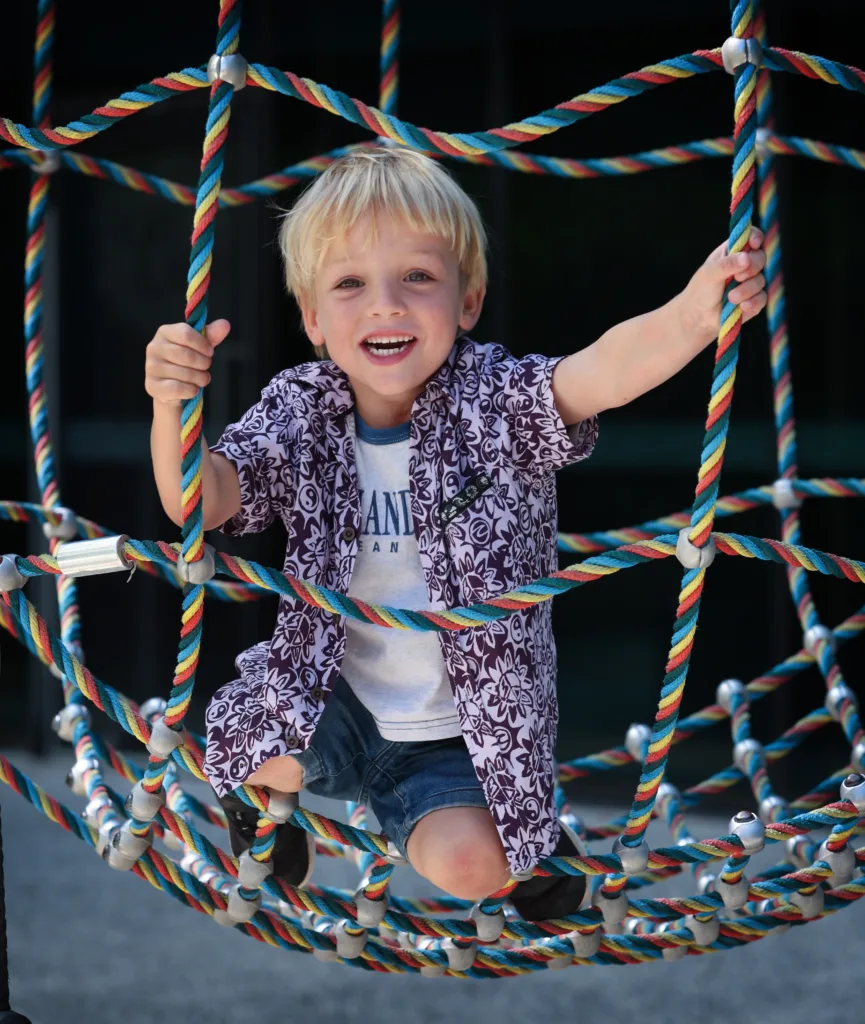
“If he was sick, which happened so often, Nela and I would do shifts – you couldn’t sleep because he would drown in his secretions,” Mr Rudd said.
But now Tedi’s future looks incredibly bright.
His trachea was rebuilt at the Royal Children’s using cartilage from his rib.
The four-year-old’s family moved from Melbourne to Torquay, where he loves boogie boarding and swimming with his brothers when he’s not at kindergarten.
“He’s the happiest and craziest kid,” Mr Rudd said. “And we are the luckiest two people in the world.”
Ear, nose and throat specialist Eric Levi described his patient as “a hero” for the way he handled everything life threw at him.
“He has an amazing resilience,” Dr Levi said.
“People think that surgeons and doctors change lives.
“No, patients change the doctors’ lives too.
“The kind of satisfaction that I get from seeing him running at 100 miles an hour just brings a lot of joy, not just to me, but to the rest of the team as well.”
Mr Rudd said the decision to share the Good Friday Appeal’s funding with regional hospitals was “incredible”.
“We had parents alongside us that were coming from as far away as Warrnambool, and some of the outcomes were poorer because they had to bypass and get this far for the level of care they needed,” he said.
“So this will be game-changing.”
Written by Jen Kelly
Photos by David Caird
Publish in the Herald Sun 09/02/2024

